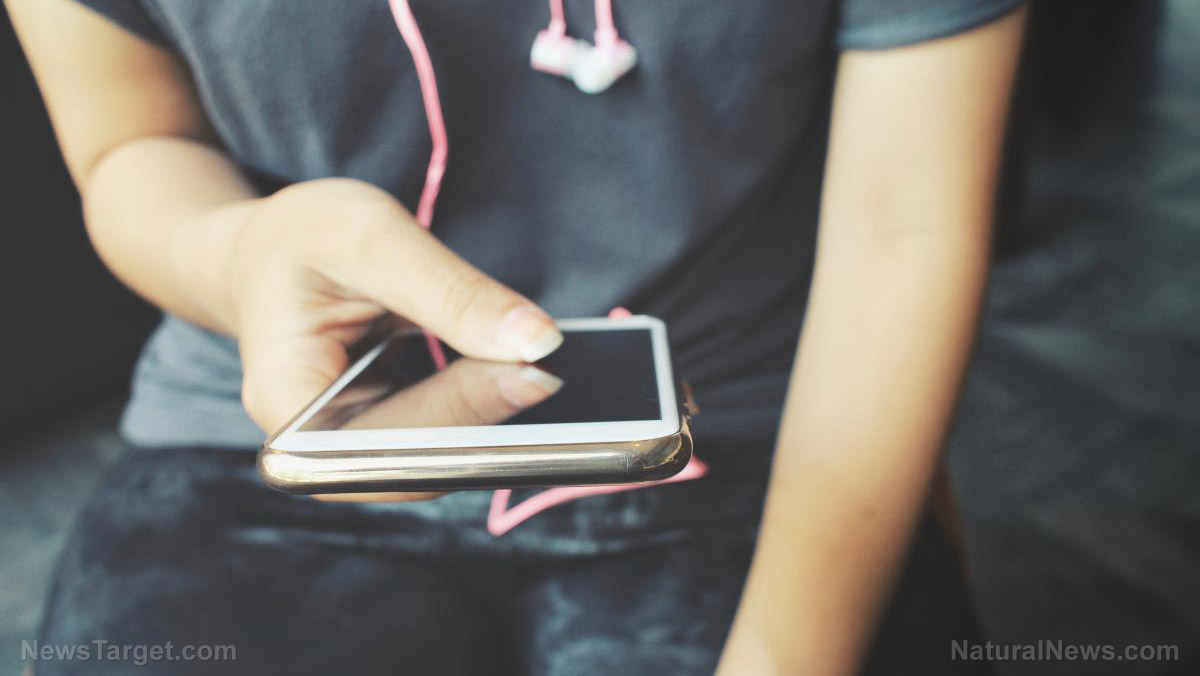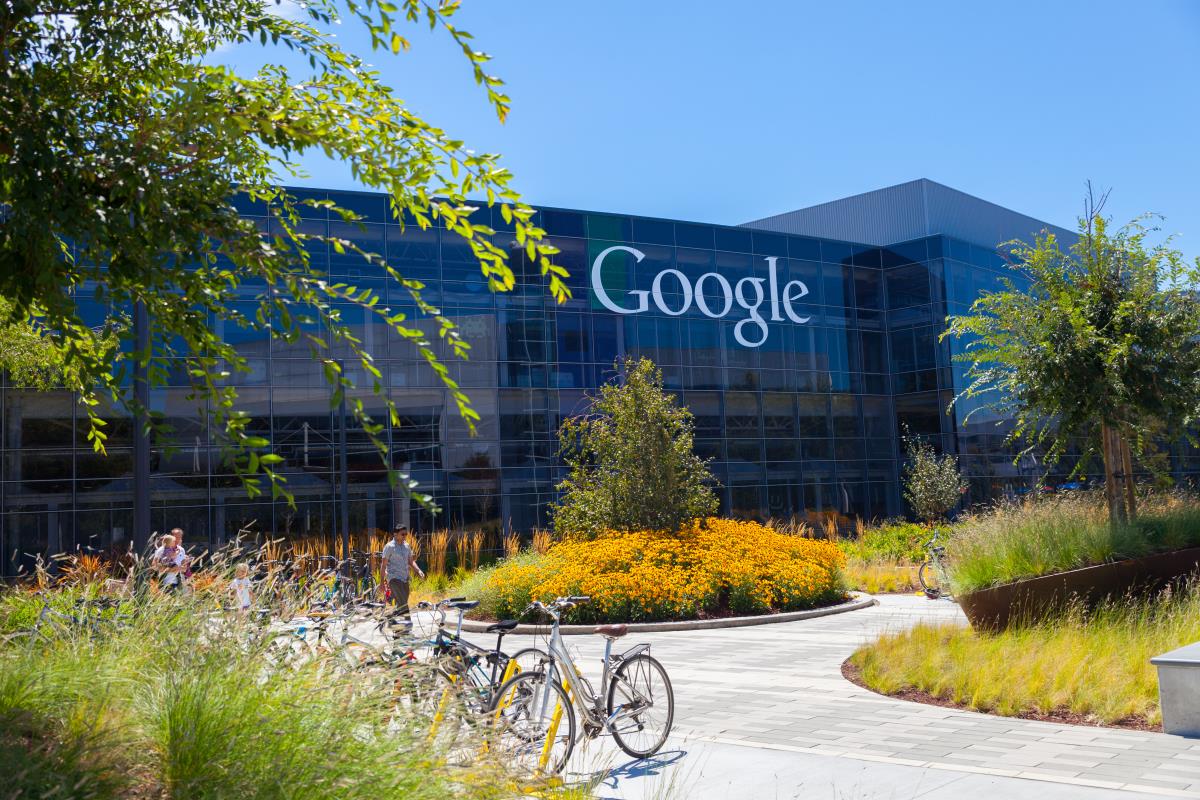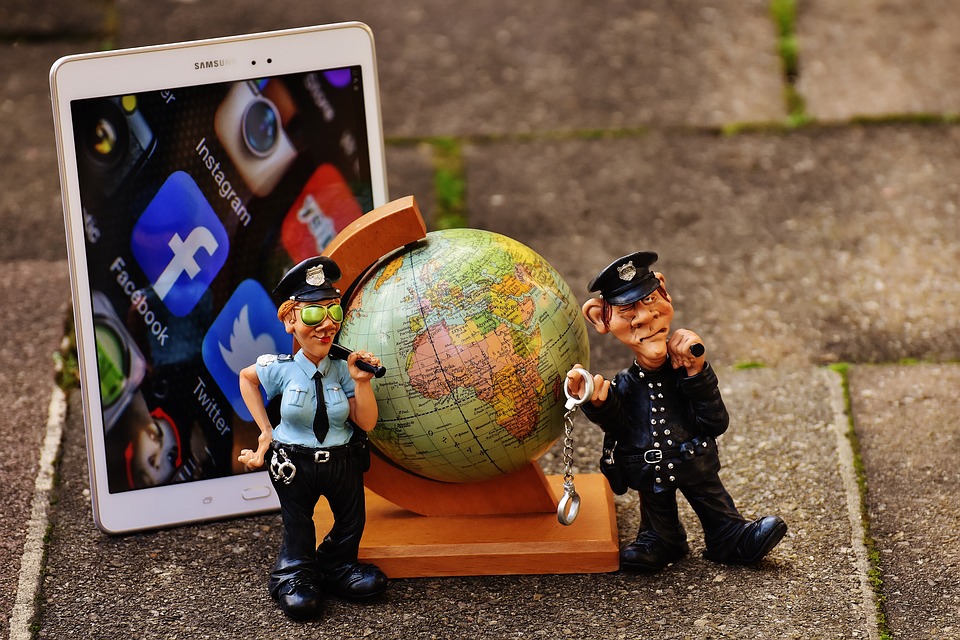Is it time to log off? Here’s why social media can be bad for you
03/07/2020 / By Zoey Sky

Whether it’s night or day, at least 40 percent of the people in the world are on their phones and browsing through social media. That means at least a staggering three billion thumbs are scrolling mindlessly through all sorts of apps and websites, from Facebook and Instagram to Twitter.
On average, people spend about two hours a day on these platforms. Some look at photos, leave comments and likes or check out what their friends are doing.
However, while social media can be used to connect with new friends or reconnect with old acquaintances, its frequent use is also associated with adverse side effects. It can even negatively affect your mental health.
Social media and negative feelings
At first glance, everyone on social media seems happy. But how do people really feel as they view photos of their friends taking vacations in beautiful and exotic places?
Studies on the use of social media suggest that users often feel lonely. Frequent users also report that they often experience social isolation.
Even if users aren’t physically or emotionally separated from their friends and loved ones, they may still feel that way since spending more time on their preferred social networks is strongly associated with greater feelings of loneliness and isolation.
Additionally, research suggests that frequent social media use is linked to higher anxiety. While these studies don’t prove causation, they imply that spending more time on social media is caused by loneliness and anxiety, and not vice versa.
Social media use can also affect your ability to have a healthy self-esteem. Data from survey studies suggest that more than 60 percent of Facebook users often feel inadequate.
In a 2012 survey called “Sweden’s largest Facebook study,” researchers discovered an inverse correlation between Facebook use and self-confidence among female users. The results showed that Facebook use is linked to happiness among women.
Findings from other studies suggest that some women may compare themselves to others on Facebook, with users feeling that other people are more attractive than them. This negative view can damage both their body image and self-esteem. It may even have repercussions on their emotional well-being.
Because users often show their lives through filters, with almost none of their negative experiences being shown online, others who see their posts and photos tend to compare their own lives to heavily filtered images. You may even start thinking that your life is lacking compared to your friends, which isn’t a healthy habit to have.
And even if you don’t compare your life to that of your Facebook friends’, what you see on social media can negatively affect you since any form of self-comparison tends to negatively affect your mood.
In addition, researchers have also identified a link between social media use and clinical depression. (Related: Is social media making you depressed? Science concludes “yes”.)
According to an Austrian study, even using Facebook for a short period can cause negative emotions. Results showed that simply browsing your feed for 20 minutes causes sad or depressing feelings.
How to manage your social media use
Other studies have found that spending more time on social media can make you feel worse. In fact, users who spend more time on their social media feeds are at least three times as likely to feel depressed and anxious.
Overall, social media users also tend to report reduced life satisfaction.
If using Facebook negatively affects your mood, try going on a digital detox by following the tips below.
- Is Facebook making you depressed? Limit your social media use to 30 minutes or less a day. Taking a social media break may help reduce your “fear of missing out” (FOMO) and unhealthy envy.
- Clean up your newsfeeds. Hide everyone except family members and your closest friends and only follow reputable sources of news and information.
- Is Facebook making you miss out on real-life friendships? Put your phone down and spend more time talking to your best friend over a cup of coffee.
- If social media is negatively affecting your mood and mental health regularly, it may be time to quit it for good.
Even if you don’t have the photos to prove it, your own life is just as happy and enjoyable as the people on your Facebook feed. The only difference is, you don’t let these moments pass you by since you’re not busy taking photos to post on social media.
Sources include:
Tagged Under: badtech, beatdepression, brain health, depression, depression symptoms, Facebook, Glitch, Instagram, internet, loneliness, mental health, negative feelings, negative well-being, research, Social media, social media use, technology, Twitter
RECENT NEWS & ARTICLES
COPYRIGHT © 2017 GLITCH.NEWS
All content posted on this site is protected under Free Speech. Glitch.news is not responsible for content written by contributing authors. The information on this site is provided for educational and entertainment purposes only. It is not intended as a substitute for professional advice of any kind. Glitch.news assumes no responsibility for the use or misuse of this material. All trademarks, registered trademarks and service marks mentioned on this site are the property of their respective owners.


















